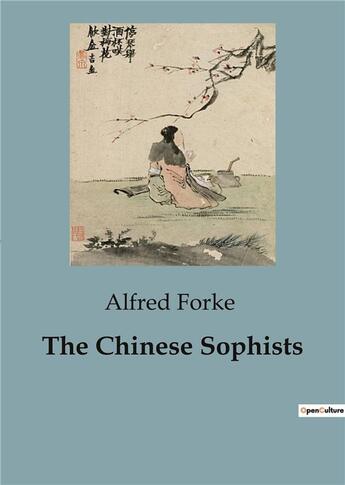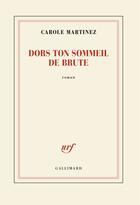-
Date de parution : 14/01/2024
-
Editeur :
Shs Editions
-
EAN : 9791041956746
-
Série :
(-)
-
Support :
Papier
-
Nombre de pages : 122
-
Collection :
(-)
-
Genre :
Sociologie
-
Thème :
Sociologie
-
Prix littéraire(s) :
(-)
Résumé:
"What can we expect from the study of Chinese philosophy ?
« In the philosophical systems of the Hindoos and the Chinese there are still hidden treasures, in which the anticipation of scientific discoveries, the results of thousands of years of occidental research, is most striking.
Such are... Voir plus
"What can we expect from the study of Chinese philosophy ?
« In the philosophical systems of the Hindoos and the Chinese there are still hidden treasures, in which the anticipation of scientific discoveries, the results of thousands of years of occidental research, is most striking.
Such are the words of Edward von Hartmann, the most famous living German philosopher1. Much labour has been spent in Europe on the Indian Vedanta philosophy, which had such a marked influence on Arthur Schopenhauer.
« The Upanishads, says the author of the Parerga and Paralipomena, are the outcome of the highest human wisdom.... They afford the most remunerative and sublime reading possible in this world, which has been the consolation of my life, as it will be that of my death 2.
I do not see why the many germs scattered over the vast field of Chinese philosophy should not have a similar fertilizing influence on some philosophical European mind also. The deep impression caused by the Tao-tê-king will support my view. But much work remains to be done before Chinese philosophy will take its proper place in the history of philosophy. The burden of this task lies with us who are living in China and studying her language and literature, for, while great care is bestowed on all her sister languages in Europe and America, Chinese, the oldest of all, but the youngest in the curriculum of our high-schools, is treated as a step-child by public opinion. This paper is meant as a move in the direction just indicated."
Donner votre avis














